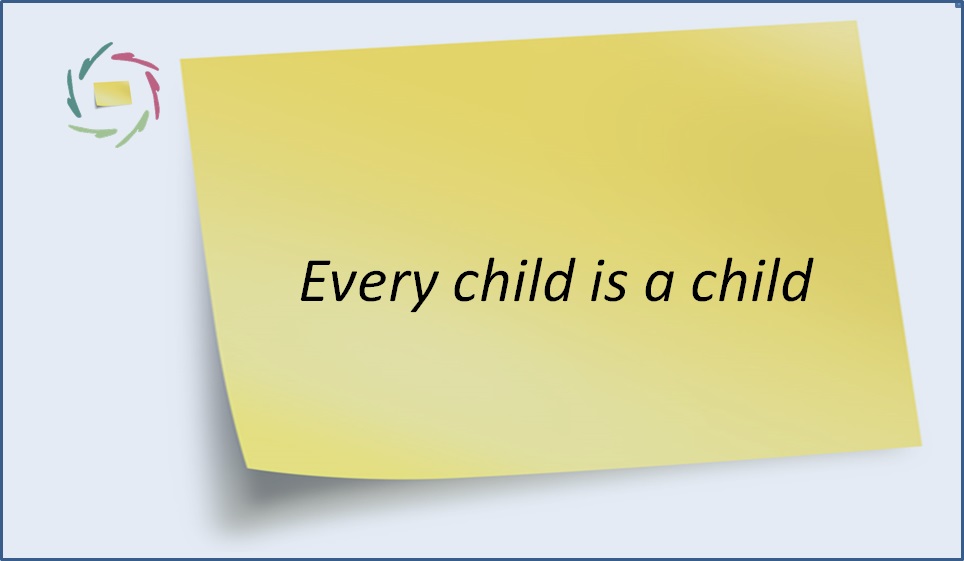65. Every child is a child

An event that changed my life, at least my thinking about it, happened in Brazil. It’s already a while ago. I was still a medical student at that time and had the opportunity to work in a hospital in a shantytown (a ‘favela’) of Salvador Da Bahia for some months. Parents came there with their diseased children in order to get very cheap (but not totally free) medical service. If necessary, the child could be kept in the hospital for a few days.
◊◊◊
Imagine: a young Western almost-physician is transported in one go, no quarantine in-between, from a world of almost boundless medical expenses for any diseased individual to… almost the opposite. You can imagine a culture shock!
◊◊◊
Imagine it’s you.
◊◊◊
Imagine: a child diseased with a bad worm infestation. Cheap medication exists to cure it, but even this is way too expensive. So even cheaper medication is given. Side effects and dangers are taken for granted. In view of the circumstances, it’s the best solution… or should one say the least bad one?
◊◊◊
Imagine it’s your child.
◊◊◊
Imagine: a child suffering from measles. No big deal… in Europe. But in combination with undernourishment and a chronic lack of clean water, the child is in a very poor condition. Will this one die from it, as many others?
◊◊◊
Imagine it’s your child.
◊◊◊
Imagine: a child that has been at the hospital already several times with conditions that are all direct consequences of being born and living in poverty. The physician is scientifically right in prescribing antibiotics. The parents spend their last money to buy (half of) them. Next time, the child will probably die anyway.
◊◊◊
Imagine it’s your child.
◊◊◊
I could go on, but there is something unfair of course in imagining it to be your own child. Yep. Only… in my perception the unfairness does not lie in the fact that it actually isn’t your child, but in the fact that it should not specifically be your child. Every child is a child. Every child is your child. It doesn’t matter whether you can ‘feel close to it’ or not. What matters is that it exists. Your ‘feeling close’ is nothing the child can live upon. Your ‘feeling close’ is only something that you can hide behind – if it’s not there.
◊◊◊
As said, I had a culture shock going to Brazil. I was vaccinated against several diseases, but not against this. Still, the biggest culture shock of my life came when returning to Europe. I was acclimatized to people who are very happy with very little. I had already gotten used to people who are unimaginably much more ‘open’ than what I came back to. Indeed one has to have all gates closed in order not to see what is happening outside, be it at the other side of the street or of the world.
◊◊◊
Since then, I have never thought that ‘the other side of the world’ is far away.
◊◊◊


